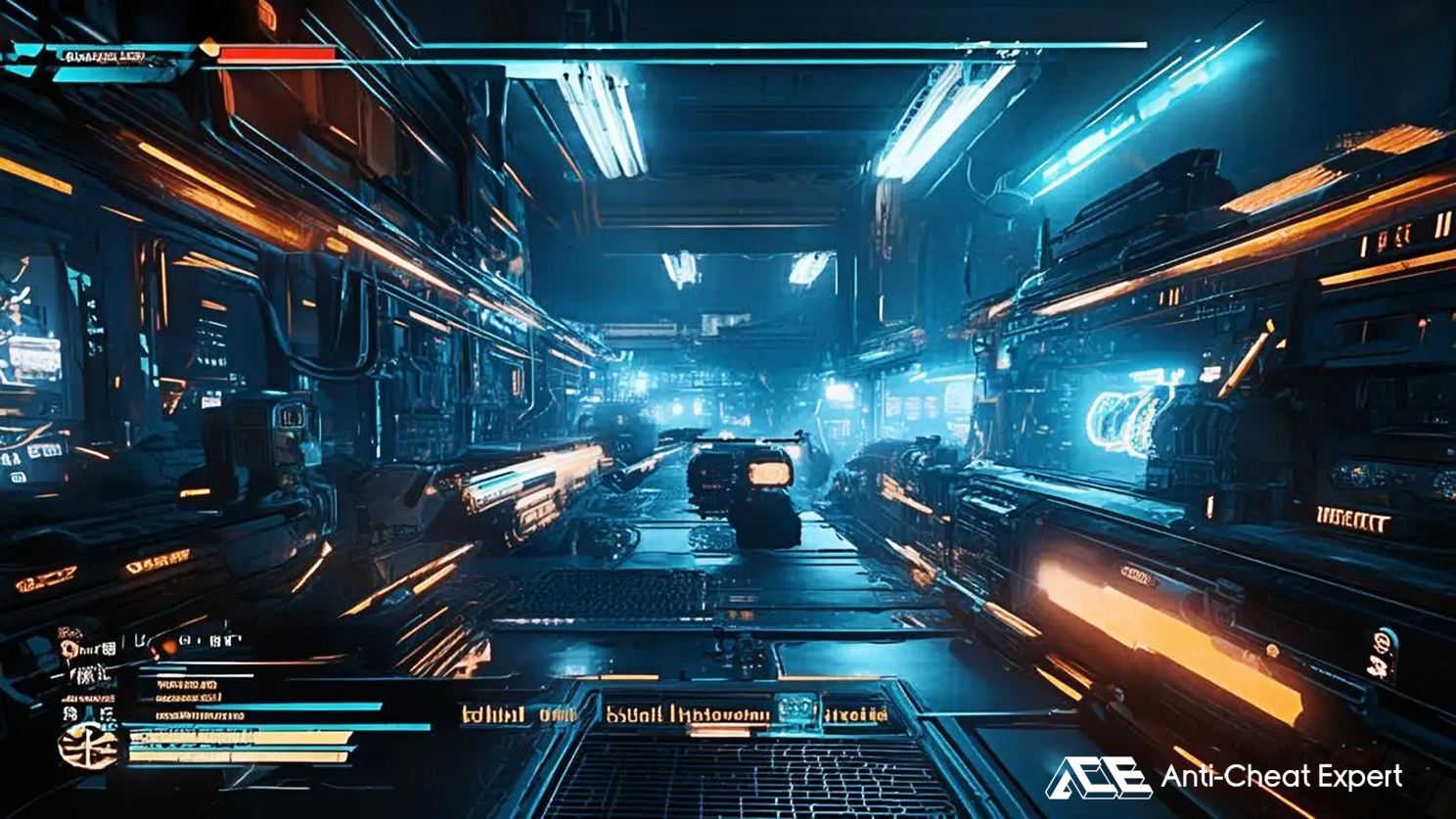This November, a popular FPS game introduced its Ranked Play mode. However, just hours after the mode went live, the mode was overrun by hackers, dominating the high-rank matches, and the floodgates opened with a deluge of reports and complaints about cheaters. The anti-cheat team of the game has responded to the outcry from players, and detailed their plans to tackle cheating issues, but doubts persist.
The Unending Saga of FPS Game Cheating
Cheating has been a persistent scourge in FPS games. According to the 2024 Semi-annual report released by Anti-Cheat Expert(ACE), shooting games are the prime targets for cheat software. Shooter games account for over 60% of all reported cheat cases, spanning both PC and mobile gaming.
Ranked Play may even be more appealing to cheaters, exacerbating the problem. Mia Consalvo's study highlights how the craving for social status might actually push some gamers to cheat. For these people, achieving success in a competitive gaming environment and becoming the top player is a big deal and in this context, ranked play further amplifies the competition. Meanwhile, in the arena of the FPS ranked play, global gamers are locked in a fierce race to claim their spots on the leaderboard and secure the sweet rewards that come with it.
In this scenario, achieving a high ranking and winning prizes can be a compelling incentive for players, even leading some to use illicit methods to get ahead.

The Roots of FPS Game Cheating
1.The Intrinsic Features of FPS Games
Compared to other game genres, shooting games place a premium on a smooth gaming experience. Players require instant feedback for their actions, yet issues like network latency and real-time loading often lead to game stuttering, significantly degrading the player experience and potentially determining the game's outcome. Thus, in FPS games, major data processing is done in real-time on the client side, with the results then synchronized back to the server. Capitalizing on this feature, cheat developers can directly manipulate client-side game data to cheat, making it a relatively low-tech and easy-to-execute endeavor.
2. The Vast Market of FPS Games
A recent report indicates that the global market value for shooting games was USD 102.5 million in 2023, with projections estimating it will reach USD 201.6 million by 2033. In the vast market for shooting games, FPS holds around 38% of the market share, outpacing other types of shooting games. Lured by the sweet spot that is the FPS game market, cheat developers are like moths to a flame, all seeking to quench their thirst with a share of the profits.
3. The Elusive Nature of FPS Game Cheats
Wallhacks and ESP hacks are common types of cheat in FPS games, yet they pose a significant challenge to detect in actual technical confrontations. Some cheaters even go to the extent of pretending not to see enemies, which makes it even more challenging for anti-cheat systems and other players to spot this kind of deception. Beyond common cheat types like wallhacks and aimbots, in recent years, new breeds of cheats such as DMA cheats and AI cheats have been emerging in FPS games, posing new challenges to game anti-cheat measures. The constant emergence of new technologies is another major factor fueling the continuous emergence of cheats in FPS games.
How to Effectively Combat Cheats in FPS Games?
Gamers and game developers need to understand that no solution, regardless of how sophisticated, can completely eradicate the issue of cheating in games.
However, ACE, with nearly two decades of hands-on experience in FPS games, offers a comprehensive anti-cheat solutions. This includes vulnerability discovery, client hardening, cheat sample detection and analysis with machine learning technology as well as visual and behavioral anomaly detection. Against novel cheats such as DMA and AI hacks, ACE possesses industry-leading technical methods for protection.
Interested in learning more? Discover ACE's PC solutions or contact us at support@anticheatexpert.com to get customized protection for your FPS gaming needs.

